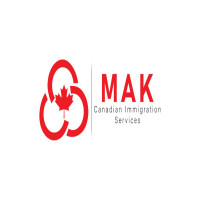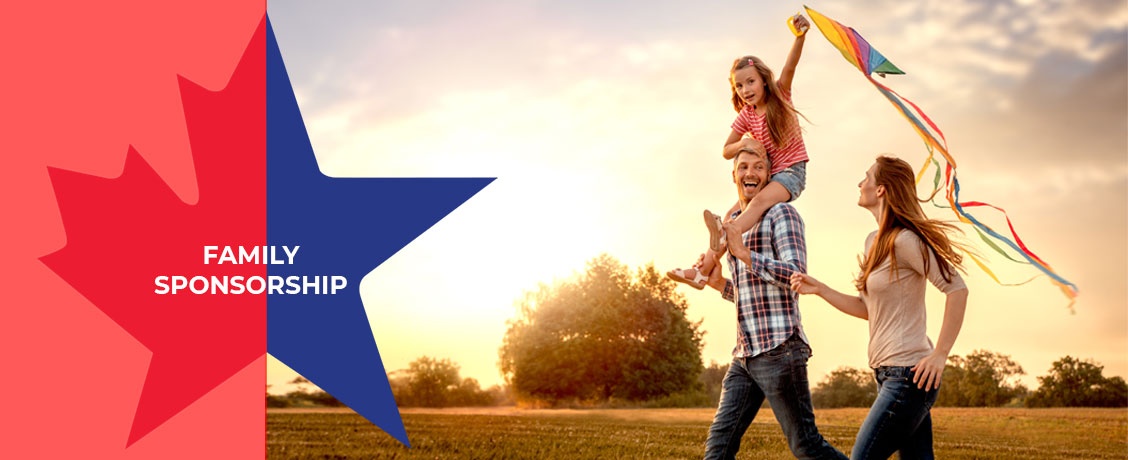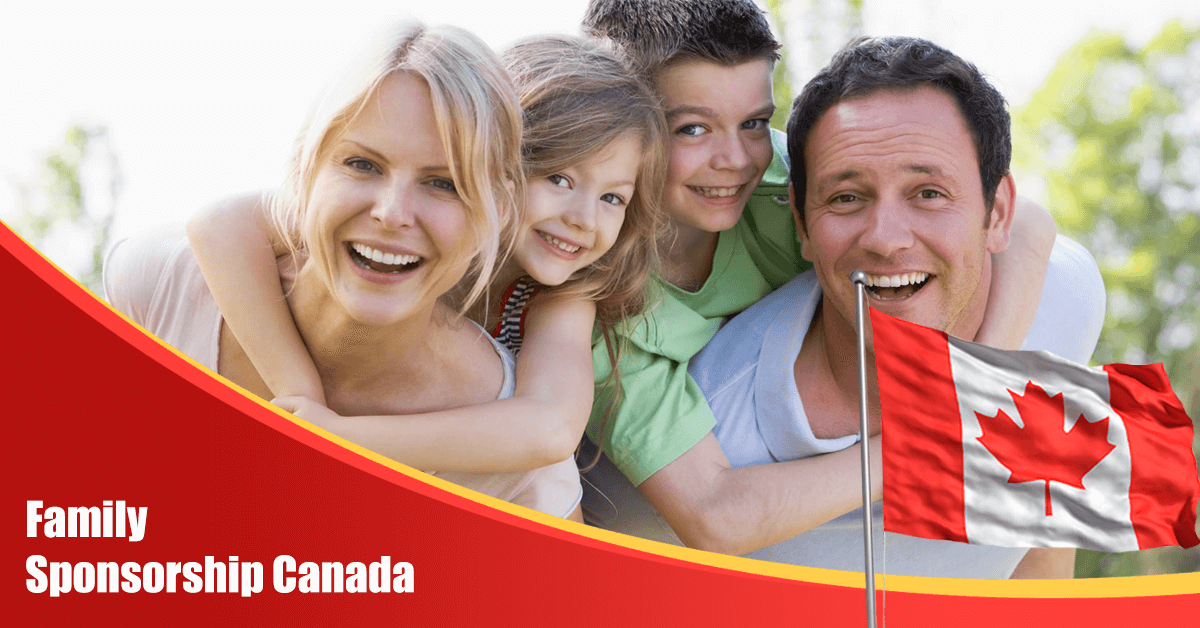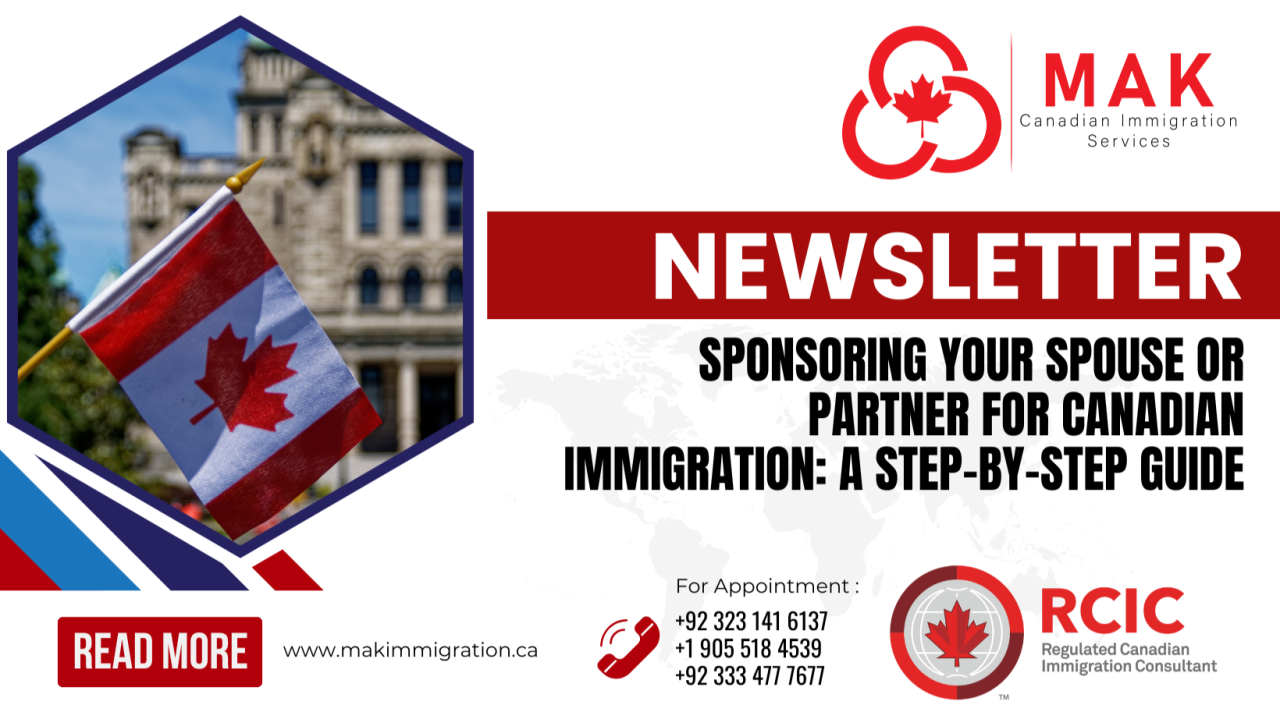Step-by-Step Guide to Canadian Family Sponsorship in 2025

Strong 8k brings an ultra-HD IPTV experience to your living room and your pocket.
Canadian family sponsorship remains one of the most popular immigration pathways in 2025. It allows Canadian citizens and permanent residents to reunite with their loved ones by sponsoring them to become permanent residents of Canada. Whether you are looking into spousal sponsorship, sponsoring a spouse to Canada, or navigating the broader Canadian family sponsorship process, this guide outlines everything you need to know.
What is Canadian Family Sponsorship?
Canadian family sponsorship is a program managed by Immigration, Refugees and Citizenship Canada (IRCC) that enables citizens and permanent residents to bring their close family members to live with them in Canada as permanent residents. Eligible relationships include spouses, common-law partners, conjugal partners, dependent children, parents, grandparents, and, in limited cases, other relatives.
Who Can Be Sponsored in 2025?
In 2025, the eligible categories for Canadian family sponsorship include:
Spouse or Common-Law Partner
Conjugal Partner
Dependent Children
Parents and Grandparents (via the PGP program)
Other Eligible Relatives (under special circumstances)
This guide will focus primarily on spousal sponsorship, as it remains the most common type of application under the Canadian family sponsorship umbrella.
Step 1: Ensure Eligibility to Sponsor
Before starting the process of sponsoring your spouse to Canada, you must ensure that you meet the eligibility criteria as a sponsor. In 2025, a sponsor must:
Be a Canadian citizen or permanent resident
Be at least 18 years old
Reside in Canada, or plan to return to Canada if sponsored from abroad (for citizens only)
Not receiving social assistance for reasons other than disability
Be able to provide for the basic needs of the sponsored person
Not have been convicted of certain criminal offenses
Step 2: Choose the Right Sponsorship Stream
There are two main types of spousal sponsorship streams:
Inland Sponsorship – For couples who are already living together in Canada. The sponsored person may be eligible for an open work permit while the application is being processed.
Outland Sponsorship – For couples where the sponsored spouse lives outside of Canada. This option allows for travel in and out of Canada during the application process.
Step 3: Gather Required Documents
You will need to prepare a variety of documents, which may include:
Proof of relationship (e.g., marriage certificate, photos, communication records)
Identity documents (e.g., passport, national ID, birth certificate)
Police clearance certificates
Medical examination
Immigration forms (IMM 1344, IMM 5532, IMM 0008, and others)
Proper documentation is critical to the success of your Canadian spouse sponsorship application.
Step 4: Submit the Application
In 2025, IRCC continues to allow online submission of sponsorship applications. Here is how you can proceed:
Complete the required forms using the IRCC website
Pay the processing fees (approximately CAD 1,080 for a spouse, which includes the Right of Permanent Residence Fee)
Upload and submit all supporting documents
You will receive an acknowledgement of receipt (AOR) from IRCC once the application is successfully submitted.
Step 5: Monitor the Application Process
After submission, IRCC will review the application for completeness and begin background checks. During this phase:
You may receive a request for additional information
The sponsor and applicant may be asked to attend an interview
Medical and security screening must be passed
Processing times for spousal sponsorship in 2025 typically range from 10 to 12 months.
Step 6: Decision and Permanent Residency
If the application is approved:
The sponsored spouse receives a Confirmation of Permanent Residence (COPR)
If outside Canada, they can travel and land as a permanent resident
If inside Canada (inland sponsorship), they will automatically become a permanent resident
Once landed, the sponsored individual gains full permanent resident status in Canada and enjoys most of the same rights and responsibilities as citizens.
Common Pitfalls and How to Avoid Them
Incomplete Documentation – One of the most common reasons for delays or refusals. Double-check every document and form.
Insufficient Relationship Proof – Include photos, chat logs, travel itineraries, and affidavits from friends or family.
Missed Deadlines – Ensure you respond promptly to IRCC requests.
Misunderstanding Eligibility – Ensure both the sponsor and applicant meet all requirements.
Financial Commitment and Undertaking
As a sponsor, you are required to sign an undertaking promising financial support for the sponsored person. For spousal sponsorship, this commitment lasts for three years from the date the spouse becomes a permanent resident of Canada. This applies even in the case of separation or divorce.
Canadian Spouse Sponsorship: Key Tips in 2025
Be Organized: Keep a checklist and timeline for your documents and deadlines.
Stay Updated: Immigration rules can change. Regularly check the IRCC website.
Seek Legal Help if Needed: Consider consulting an immigration lawyer or a regulated immigration consultant for complex cases.
What Happens After Sponsorship?
After becoming a permanent resident, your spouse can:
Work and study in Canada
Access healthcare and other social services
Apply for Canadian citizenship after fulfilling residency requirements (typically after three years)
Maintaining permanent residency requires staying in Canada for at least 730 days (2 years) out of every 5 years.
Conclusion
Navigating Canadian family sponsorship, especially spousal sponsorship, can seem daunting, but with the right information and preparation, it is absolutely achievable. Whether you are sponsoring a spouse to Canada from abroad or through inland sponsorship, understanding each step of the Canadian spouse sponsorship process is key to success in 2025.
This guide aims to provide clarity and direction for anyone planning to reunite with their loved ones in Canada. By following this step-by-step approach and staying informed on the latest immigration policies, you’ll greatly improve your chances of a smooth and successful sponsorship experience.
For more detailed updates on Canadian family sponsorship programs and policy changes, always refer to the official IRCC website or seek advice from certified professionals.
Note: IndiBlogHub features both user-submitted and editorial content. We do not verify third-party contributions. Read our Disclaimer and Privacy Policyfor details.







